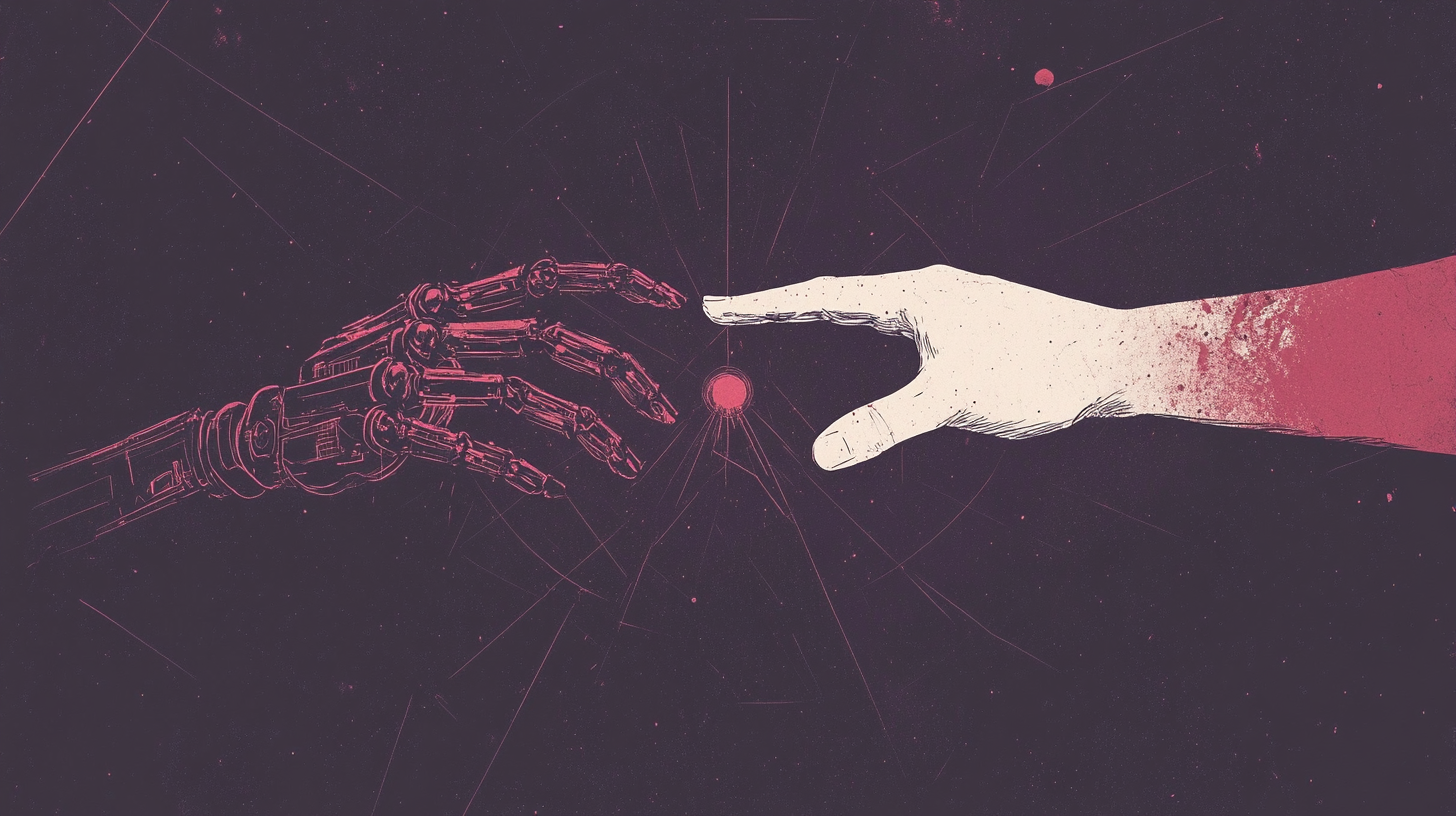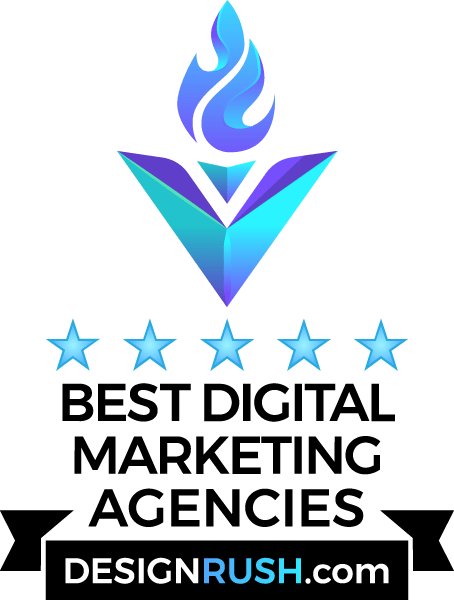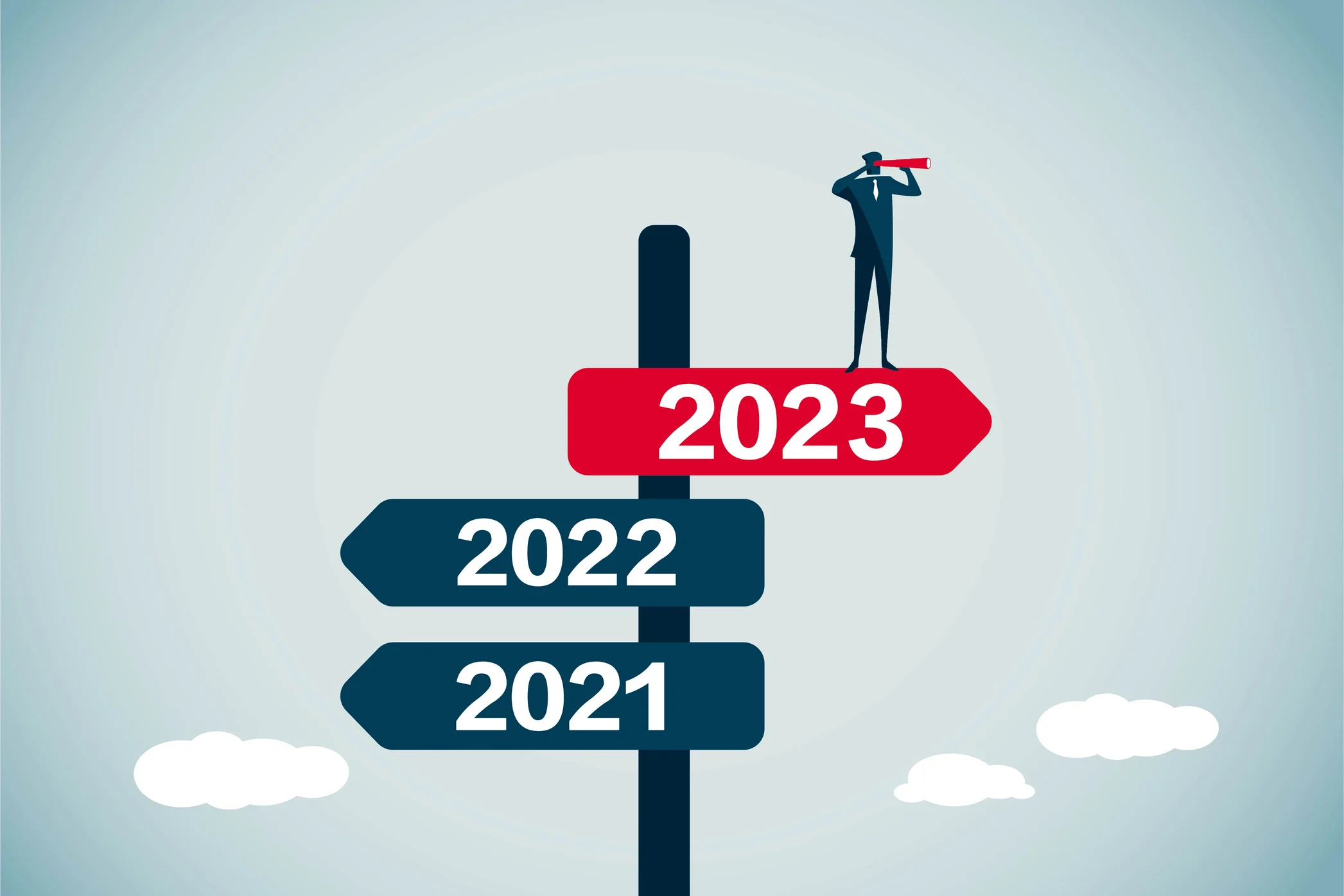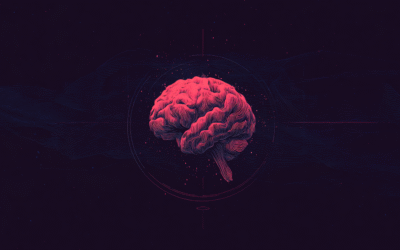Let me tell you something exciting: AI isn’t just changing digital marketing—it’s completely transforming how we connect with our audiences. I’ve spent the last few years diving deep into AI tools and watching them become more sophisticated and accessible. What I’ve discovered has completely changed how I approach marketing campaigns, and I want to share these insights with you. The landscape of digital marketing is evolving faster than ever, and AI is at the forefront of this revolution, offering possibilities that seemed like science fiction just a few years ago.
The Impact of AI in Digital Marketing
Want to know what really convinced me about AI’s power? The results. Remember when we all thought email marketing was getting stale? Well, by implementing AI-driven optimization, I’ve watched open rates climb from the usual 21% industry average to a whopping 45% in some cases. But here’s what really got me excited: the content we are able to create with the help of different AI tools allows us to spend less time creating and editing the content so that we can put our teams’ efforts toward the places that matter ex. client relationships.
These aren’t just random numbers I’m throwing at you. The pattern is consistent: AI-driven marketing strategies can consistently outperform traditional approaches by significant margins when implemented correctly. What’s even more impressive is how these improvements compound over time as the AI systems learn and adapt to your specific audience and industry, showcasing the power of AI.
Use AI to Boost Marketing Team Efficiency
Remember the old days of A/B testing? When we’d spend tons of time testing two or three variations of an ad? Those days are gone. Now we can test dozens of combinations simultaneously, with AI analyzing the results in real-time and giving us feedback so we can make edits where necessary, maximizing our productivity. It’s like having a marketing team that works 24/7, catching opportunities I might have missed.
But it’s not just about automation—it’s about intelligence. These systems aren’t just following preset rules; they’re learning and adapting to changing market conditions in ways that would be impossible for human marketers to replicate at scale. They can spot trends across millions of data points and make adjustments before these trends become obvious to human observers.
AI Tools and Their Use Cases For Digital Marketers
Let’s talk about the best AI tools that have become my marketing best friends. First up, there’s content creation. Tools like Claude and Gemini aren’t just writing machines—they’re like having a brainstorming partner who never runs out of ideas. I use AI tools to research topics, generate fresh angles, and craft compelling stories that elevate our marketing content. But here’s the key: I don’t let them take over completely. They’re my assistants, not my replacements.
I used to spend hours (and plenty of money) on design work. Now, AI-powered design tools help me create professional-looking graphics and videos in minutes. They understand design principles better than I ever did and keep everything on-brand without me having to obsess over every detail. This has been particularly game-changing for our social media presence, where we need to maintain a consistent visual identity across multiple platforms while staying current with trending formats.
But my favorite development? The predictive modeling systems. We can feed GPT-4 historical data and current trends to forecast how campaigns will perform before we even launch them. It’s like having a crystal ball for marketing—helping me avoid costly mistakes and spot golden opportunities before my competitors do. These systems have saved me countless hours of trial and error and helped me allocate my budget more effectively than ever before.
Framework for Artificial Intelligence Marketing Tools
Here’s what I wish someone had told me when I started: you don’t have to implement everything at once. Start by looking at your current marketing processes and identify your biggest time-sucks or challenges. That’s where AI can help you the most.
I started with one tool—just one—and made sure I really understood how to use it effectively before moving on to others. This approach prevented me from getting overwhelmed and ensured I was getting the most value from each tool. Trust me, this method pays off in the long run. It’s not just about adopting technology; it’s about transforming your entire approach to marketing strategy.
The key is to think of AI implementation as a journey rather than a destination. Each tool you add should build upon the foundation created by your previous implementations. This creates a synergistic effect where each new addition multiplies the effectiveness of your entire marketing stack rather than just adding to it linearly.
AI Prompt Techniques for Enhanced Marketing Campaigns
Let me share a crucial lesson I learned: AI tools need direction. When I use AI for content creation, I make sure to give it detailed information about my industry, audience, and brand voice. Think of it like briefing a new team member—the more context you provide, the better the output.
For campaign management, I’ve set up clear performance metrics and monitoring systems. Yes, I let AI handle the optimization, but I always keep an eye on the bigger picture. After all, I know my brand and audience better than any AI tool ever will. The magic happens when you find the right balance between automated optimization and human oversight.
Emerging Trends in AI Marketing Technology
I’m constantly amazed by the new AI capabilities emerging in our field. We’re seeing predictive analytics become more accurate, personalization getting incredibly specific, and cross-channel integration becoming seamless. It’s an exciting time to be in marketing, and I can’t wait to see what’s next.
The development of natural language processing is particularly exciting. The latest models understand context and nuance in ways that seemed impossible just a few years ago. This means we can create more natural, engaging content that really resonates with our audience while maintaining efficiency and scale.
The Limitations of AI in Marketing
Here’s something important I’ve learned: while AI is incredibly powerful, it’s not meant to replace human creativity and intuition. I still rely on my experience and understanding of human emotions when planning strategies and building connections with customers. The magic happens when you combine AI’s analytical power with human insight.
This balance becomes particularly important when dealing with crisis communication or sensitive topics. AI can help us identify potential issues and optimize our messaging, but human judgment is crucial in understanding the emotional nuances and cultural context that make communication effective.
How to Start Using AI In Digital Marketing
If you’re feeling inspired to start your own AI marketing journey, here’s what I recommend: begin by identifying one specific challenge in your current marketing efforts where AI could help. Start small, measure your results, and gradually expand as you get comfortable with the technology.
The key is to maintain a learning mindset throughout the process. Document everything—your successes, your failures, and especially your surprises. This documentation will become invaluable as you scale up your AI implementation and train new team members.
Conclusion: The Future of AI-Enhanced Marketing
I’ve seen firsthand how AI can transform marketing operations while maintaining the creative and strategic elements that make marketing effective. Remember, AI is here to enhance your capabilities, not replace your expertise. The future of digital marketing belongs to those who can find the sweet spot between artificial intelligence and human insight.
Want to know the best part? You don’t need to be a tech genius to get started. Just take that first step, stay curious, and don’t be afraid to experiment. Trust me—your future self will thank you for starting this journey today. The world of AI-enhanced marketing is still evolving, and there’s never been a better time to jump in and start learning. The opportunities are endless, and the potential for growth is enormous. All you need is the willingness to learn and adapt as the technology continues to evolve.








0 Comments